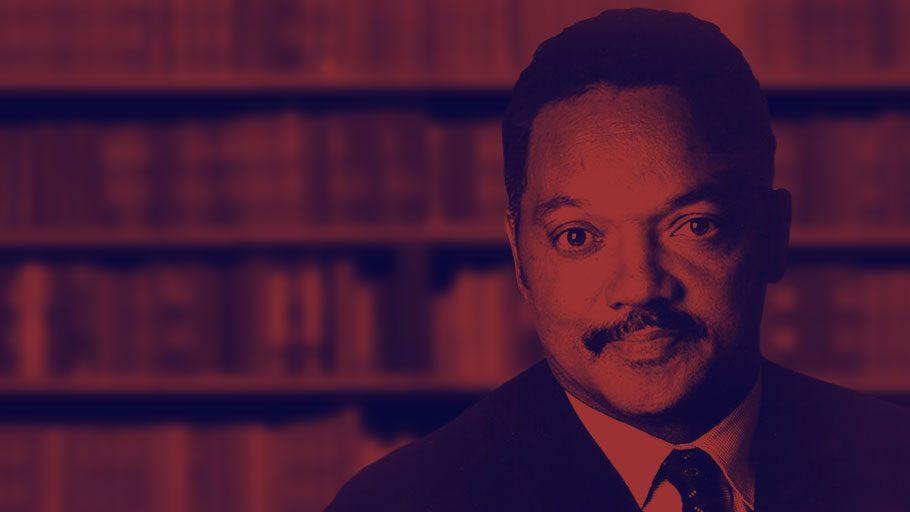January 17, 2017
How should Dr. Martin Luther King Jr.’s birthday be celebrated? It should be celebrated in many different ways.
Dr. King was an intellectual who reflected seriously and critically on the dilemma facing African-Americans, people of color generally and poor people specifically — of all races.
He was also an activist. He didn’t get bogged down in the paralysis of analysis. The choices he saw available to the oppressed were threefold: The first option was to respond to institutional violence with violence. But he didn’t see that as moral, practical or able to really address and solve their problems. In fact, he saw it as counterproductive. Secondly, the poor and people of color could just endure injustice and essentially do nothing. Again, he didn’t see that as moral or practical, and he thought that such repression would eventually explode into violence. The final choice, the one he recommended, was nonviolent active resistance. He brought thought and action together morally and practically as the best way to bring about structural change.
Dr. King’s birthday also allows us to hold up a mirror and reflect on the nation’s commitment to human rights, democracy and justice.
Dr. King believed in human rights for all human beings, and he believed that it should be measured by one yardstick. He believed people should and could learn to live together and find the joy and benefit of such diversity. These benefits are all around us in sports, entertainment, the press, business, our work places and the professions. This mixture of ideas, experiences and perspectives helps all of us to grow, see and feel things we never have thought, saw or felt before.
When Clemson and Alabama played for the national college football championship, whites and blacks played harmoniously together and fans cheered side-by-side. Both Southern teams had black quarterbacks. In many ways it was the Dr. Martin Luther King Jr. Bowl.
He knew that we had learned to survive apart, but he challenged us to do a much harder and more gratifying thing: to learn to live together.
I shall never forget our SCLC staff meeting and being with Dr. King on his last birthday. He had convened Native Americans, Appalachian whites, blacks from the Deep South, Latinos from Texas and California, Jewish allies from New York and others to work on the Poor People’s Campaign.
Why poverty? He certainly struggled and suffered to advance a racial agenda — the 1964 Civil Rights Act to bring down the cotton curtain of legal apartheid in the South and the 1965 Voting Rights Act to allow African-Americans to vote without discrimination. But he saw the crisis as deeper than merely race. He also saw caste, which was the moral and economic common ground where black, brown, yellow, red and white, male and female, could fight together for the common good. He believed poverty was a weapon of human destruction.
He saw the War in Vietnam stealing resources from the War on Poverty at home.
He was planning a Poor Peoples’ Campaign to challenge the nation to choose bread over bombs. He argued that a bomb dropped in Vietnam was exploding in urban America because of neglect of the poor.
Dr. King wanted a floor beneath the poor that no American would fall below. He saw that the keys to peace and tranquility were economic security, jobs, education, health care, housing, justice and mercy.
Beyond analyzing the problem, Dr. King was acting. He and we were putting our bodies on the line — that is, we were willing to be beaten, die and go to jail, and we went many times.
We were demanding that Congress choose healing at home over killing abroad.
Dr. King would be heartbroken to see the top priority of the new administration is making affordable health care harder to get, focusing on “law and order” over justice, advocating a nuclear build-up rather than continuing the reduction of nuclear weapons, and promoting incivility in our politics over civility and civil and human rights.
Our challenge today is to not let Dr. King’s rationality and action die.
Get Informed & Be Social with PUSH!
twitter facebook instagram twitter Rev J Jackson
Donate to Rainbow PUSH
Keep up with Rev. Jackson and the work of the Rainbow PUSH Coalition at www.rainbowpush.org.















